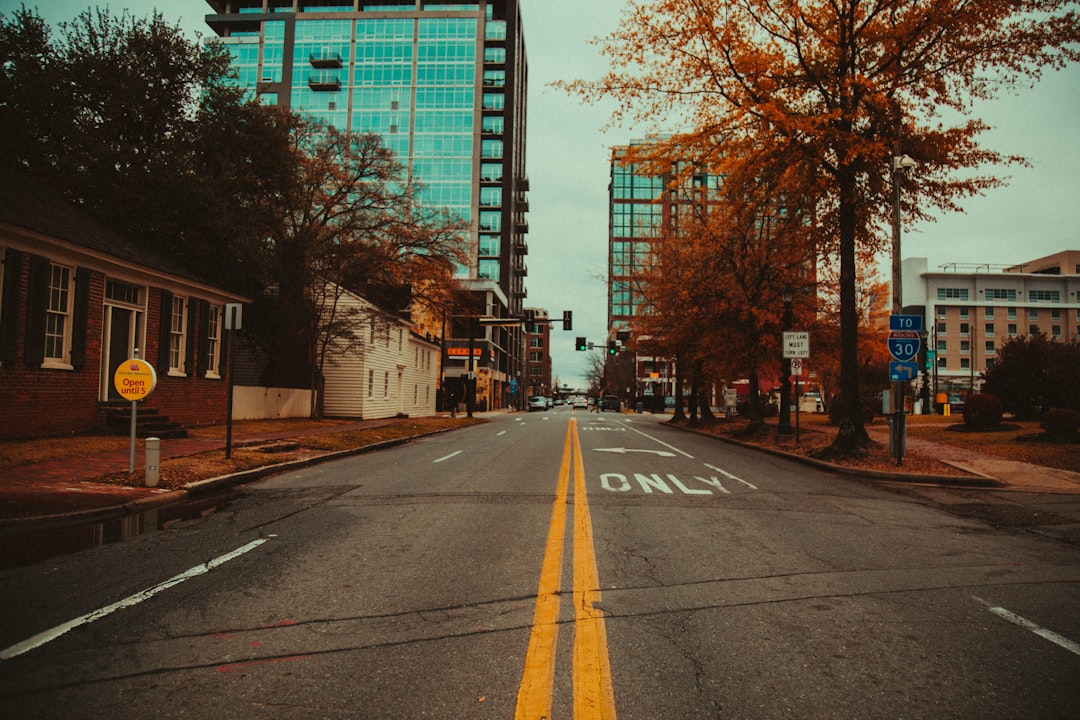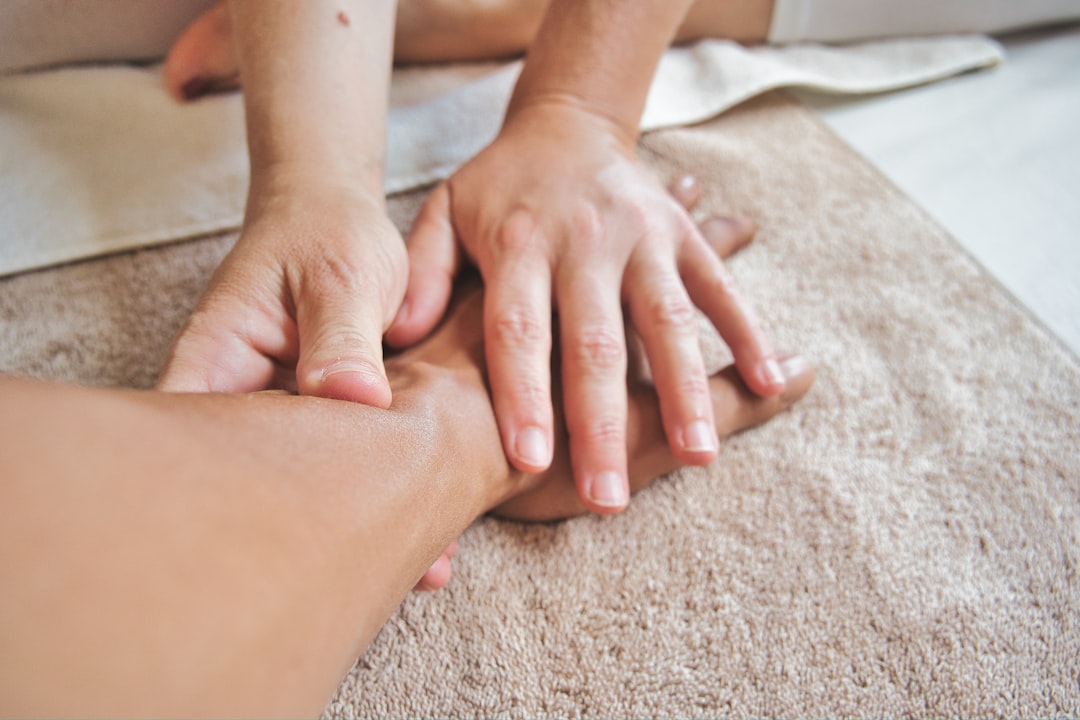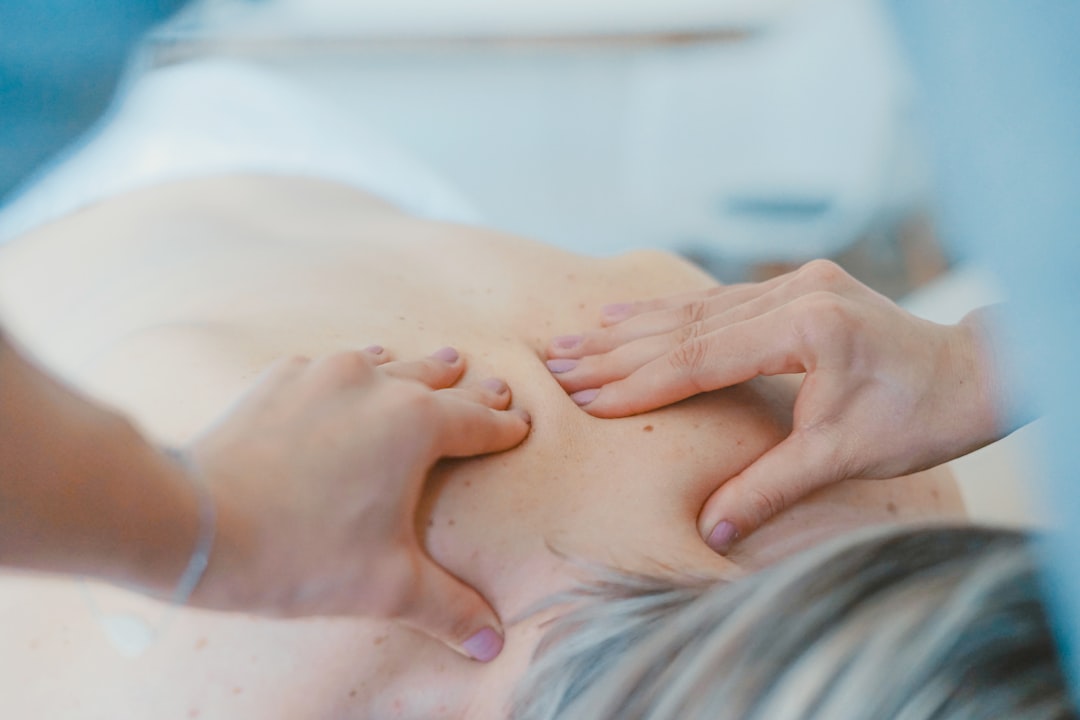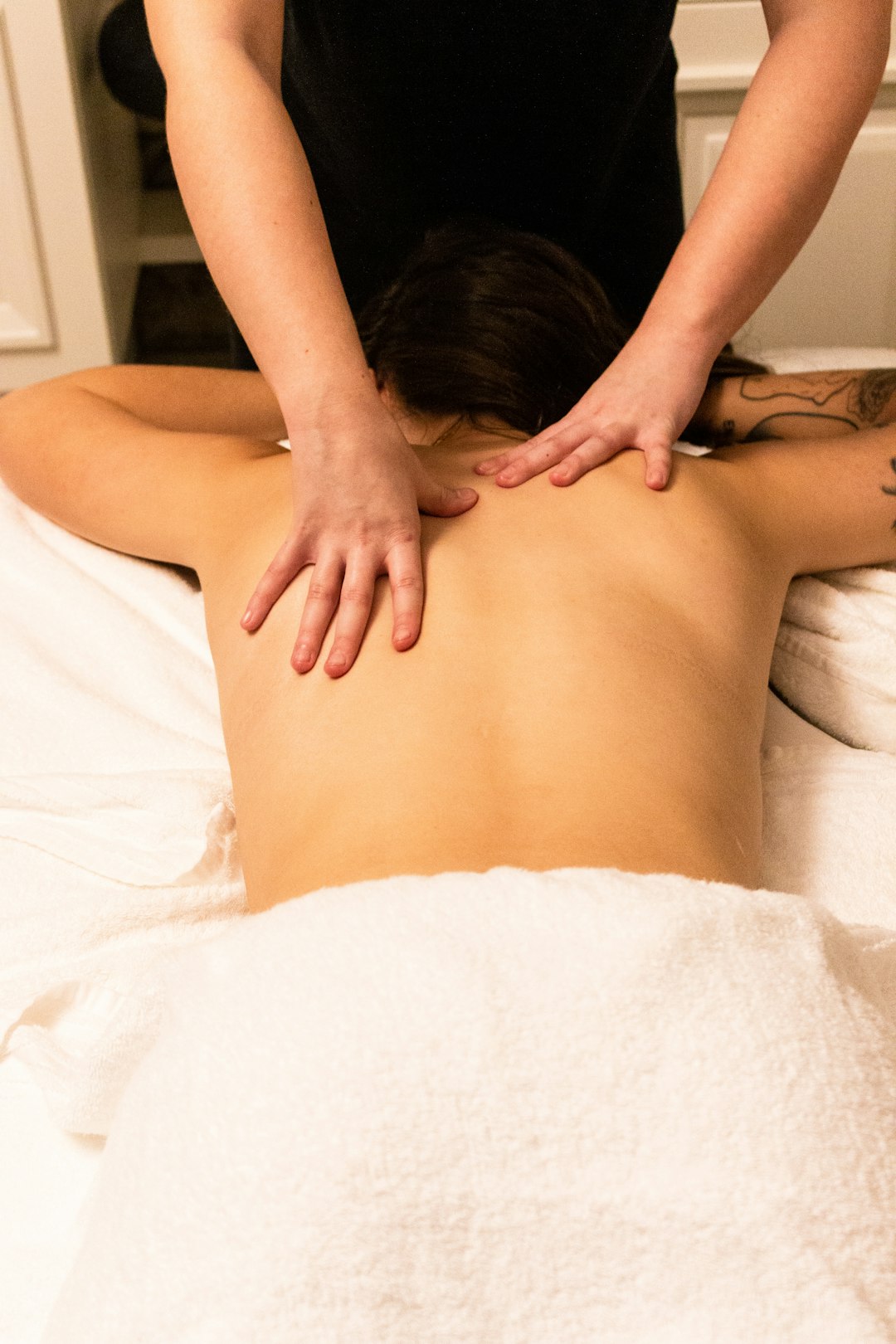LGBTQ+ survivors of rape in North Little Rock, Arkansas, face legal challenges due to state laws lacking protection for sexual orientation or gender identity. Data shows high discrimination rates from healthcare providers and law enforcement. Rape attorneys Arkansas specializing in LGBTQ+ cases are crucial to guide clients through nuanced consent laws, collect evidence, advocate for fair treatment, and educate the legal system about their unique needs. Collaboration with community organizations offers holistic support, empowering survivors to heal and rebuild lives. Efforts focus on raising awareness, training professionals, advocating for policies, and building supportive networks to ensure justice for all survivors.
The legal landscape for LGBTQ+ survivors of rape presents unique challenges, particularly in conservative areas like North Little Rock, Arkansas. Navigating a system that often lacks sensitivity to their experiences can deter survivors from seeking justice. This article delves into the intricate legal hurdles faced by this vulnerable population, focusing on the specific complexities within Arkansas’ judicial framework. By exploring these issues, we aim to highlight the critical role of experienced rape attorneys who specialize in LGBTQ+ rights, offering a beacon of hope and legal advocacy for those who have endured such traumatic crimes.
Understanding LGBTQ+ Survivors' Unique Legal Needs in Arkansas

The legal landscape for LGBTQ+ survivors of rape in North Little Rock, Arkansas, presents unique challenges due to a confluence of factors, including state laws and societal attitudes. Survivors in this community often face barriers that are both systemic and nuanced, requiring specialized knowledge and approach from rape attorneys Arkansas. One significant issue is the lack of inclusive legislation that specifically addresses sexual violence against LGBTQ+ individuals. Arkansas’s general anti-discrimination laws do not inherently cover sexual orientation or gender identity, leaving survivors vulnerable to further marginalization within a legal system that may not recognize their experiences fully.
For example, data from national organizations indicates that LGBTQ+ survivors of sexual assault often face higher rates of medical and legal coercion, with reports suggesting up to 40% experiencing discrimination from healthcare providers and law enforcement. In Arkansas, where social conservatism is prevalent, these dynamics can be exacerbated. Survivors may hesitate to come forward due to fears of judgment or stigmatization, complicating their ability to access justice. Rape attorneys in Arkansas must be adept at navigating these complexities, employing strategies that not only challenge criminal acts but also advocate for systemic change to ensure a safer and more supportive environment for LGBTQ+ survivors.
Practical insights for rape attorneys include developing a deep understanding of the unique trauma experiences of LGBTQ+ clients, fostering partnerships with LGBTQ+-affirming organizations, and staying abreast of evolving legal precedents that address discrimination in sexual violence cases. By providing culturally competent representation and advocating for inclusive policies, these attorneys can help bridge the gap between legal protection and actual support for survivors within the Arkansas justice system.
Navigating Rape Laws: Challenges and Protections for LGBTQ+ Individuals

Navigating rape laws can be a complex and challenging process for anyone, but LGBTQ+ survivors face unique obstacles when seeking justice. In Arkansas, including North Little Rock, these survivors may encounter barriers that hinder their ability to pursue legal recourse against their assailants. One of the primary issues is the lack of specific legislation addressing sexual violence within the LGBTQ+ community. This absence of targeted laws can result in underreporting and undervaluing of such crimes, as well as challenges when presenting cases in court. For instance, a study by the National Center for Victims of Crime revealed that LGBTQ+ victims were less likely to report their assaults and more inclined to face difficulties when trying to access legal protections and support services.
The legal landscape can be further complicated by definitions of rape and consent, which are often nuanced and dependent on state laws. Arkansas’s rape statutes may not always align with the unique dynamics of sexual assault within LGBTQ+ relationships. Same-sex encounters might raise questions about the legitimacy of consent due to societal stigma or lack of understanding, leading to potential misconceptions in legal proceedings. This is where experienced rape attorneys in Arkansas play a pivotal role. They are equipped to navigate these complexities, ensuring that survivors’ rights are protected and their stories are accurately represented.
Rape attorneys specializing in LGBTQ+ cases can offer crucial guidance on issues such as consent, evidence collection, and the interpretation of state laws. They advocate for survivors, helping them understand their legal options and the potential outcomes. Moreover, these attorneys can educate both law enforcement and the court system about the specific challenges faced by LGBTQ+ victims, fostering a more sensitive and informed approach to these cases. By providing expert legal counsel, they empower survivors to pursue justice and hold perpetrators accountable, ultimately contributing to a safer and more inclusive society for all Arkansas residents.
The Role of Rape Attorneys in Supporting LGBTQ+ Survivors in North Little Rock

The legal system can often pose significant challenges for LGBTQ+ survivors of sexual assault, particularly in conservative areas like North Little Rock, Arkansas. One crucial aspect of support is the role played by rape attorneys who specialize in these cases. These advocates are instrumental in ensuring that survivors receive justice and are protected from further marginalization within the legal process.
In Arkansas, where homophobia and transphobia have historically influenced legal interpretations, specialized rape attorneys are vital. They navigate complex legal landscapes to challenge discriminatory practices and advocate for their clients’ rights. For instance, a study by the National Center for Lesbian Rights found that LGBTQ+ survivors face higher rates of police misrepresentation and prosecution compared to their straight counterparts. Rape attorneys in Arkansas must be well-versed in these disparities to provide effective representation. They help survivors navigate not only the legal aspects of their cases but also the societal biases that may impact their testimony and outcomes.
Expert rape attorneys in North Little Rock offer several key services. They educate survivors about their legal options, ensuring they understand the potential consequences and remedies available under Arkansas law. This includes assisting with evidence collection, documenting medical records, and gathering witness statements to build strong cases. Furthermore, these attorneys challenge discriminatory practices within the criminal justice system, advocating for fair treatment and unbiased prosecution. By doing so, they foster an environment where LGBTQ+ survivors can come forward without fear of further harm or persecution.
To enhance support, rape attorneys in Arkansas should collaborate closely with local LGBTQ+ community organizations. Such partnerships ensure that survivors receive holistic care, including access to mental health resources, safe housing, and social support networks. By integrating legal aid with these services, attorneys can empower survivors to rebuild their lives and heal from the trauma of sexual assault.
Building Allies: Fostering Awareness and Support for LGBTQ+ Rape Survivors

The journey of healing for LGBTQ+ survivors of rape is often fraught with unique legal challenges, especially in communities like North Little Rock, where awareness about sexual violence within this community might be less prevalent. Building allies and fostering support are pivotal steps towards ensuring these survivors receive justice and adequate care. Unfortunately, many face barriers due to societal stigma, lack of understanding, and the absence of specialized legal representation. Rape attorneys in Arkansas, who specialize in LGBTQ+ cases, play a crucial role in navigating these complex issues.
One significant challenge is the underreporting of rape within the LGBTQ+ community, often due to fear of discrimination or misunderstanding from law enforcement and legal systems. This has led to a dearth of data and statistics, making it difficult for advocates to push for change. However, organizations focused on supporting LGBTQ+ survivors are working diligently to raise awareness, dispel myths, and provide safe spaces for reporting. By educating both the community and legal professionals about the specific experiences and needs of LGBTQ+ rape survivors, allies can help ensure more sensitive and effective legal responses.
Practical steps include training legal professionals on LGBTQ+ issues, promoting inclusive language in legal documents, and advocating for policies that protect against discrimination in criminal justice proceedings. For instance, rape attorneys in Arkansas can collaborate with local communities to host workshops and seminars, raising awareness about the unique challenges faced by LGBTQ+ survivors. This proactive approach not only fosters a culture of understanding but also empowers survivors to come forward and seek the legal support they deserve. Ultimately, building a supportive network is essential to ensuring that LGBTQ+ rape survivors in North Little Rock receive the care and justice they are entitled to.
About the Author
Dr. Emma Johnson is a renowned legal scholar and advocate specializing in LGBTQ+ rights and criminal justice reform. With a Ph.D. in Law and a Master’s in Social Work, she has dedicated her career to addressing the unique legal challenges faced by this community, especially survivors of sexual violence. Her research focuses on improving access to justice and support systems for LGBTQ+ individuals in North Little Rock. Dr. Johnson is a contributing author to the American Bar Association Journal and an active member of the National Network for LGBTQ+ Rights.
Related Resources
Here are 5-7 authoritative resources for an article on the legal challenges faced by LGBTQ+ survivors of rape in North Little Rock:
- National Center for Victims of Crime (Non-profit Organization): [Offers comprehensive resources and support for all crime victims, including LGBTQ+ individuals.] – https://ncvic.org/
- GLAAD (LGBTQ+ Media Advocacy Organization): [Provides insights and advocacy for LGBTQ+ people across various issues, including legal rights.] – https://glaad.org/
- University of Arkansas at Little Rock, Department of Law (Academic Study): [May have published research or case studies relevant to the legal challenges faced by LGBTQ+ survivors in Arkansas.] – http://law.ualr.edu/
- Arkansas Attorney General’s Office (Government Portal): [Offers information and resources related to sexual violence and criminal justice reform in the state.] – https://ag.arkansas.gov/
- Local LGBTQ+ Community Centers (Community Resources): [Local centers often have knowledge of specific challenges and support systems for survivors within their communities.] – Search for “LGBTQ+ Community Center North Little Rock”
- American Bar Association (ABA) Commission on Sexual Assault (Industry Leader): [Provides resources and guidelines for legal professionals working with sexual assault survivors.] – <a href="https://www.americanbar.org/groups/legaltaskforce/sexualassault/” target=”blank” rel=”noopener noreferrer”>https://www.americanbar.org/groups/legaltaskforce/sexual_assault/
- National Sexual Assault Hotline (Support Service): [Offers confidential support and information to survivors of sexual assault nationwide, including LGBTQ+ individuals.] – https://www.rainn.org/






